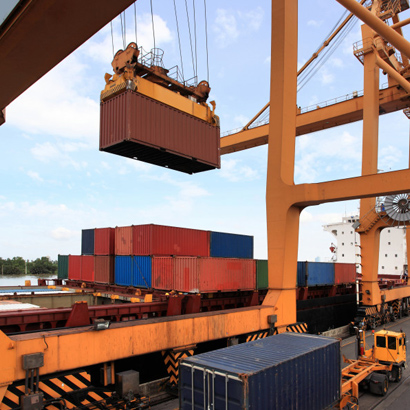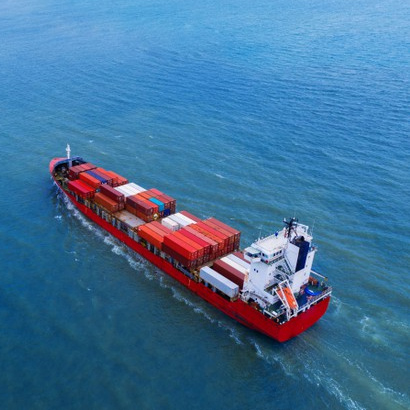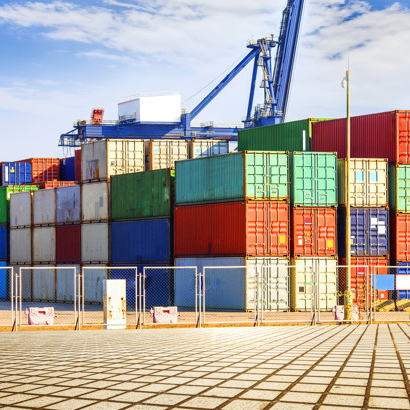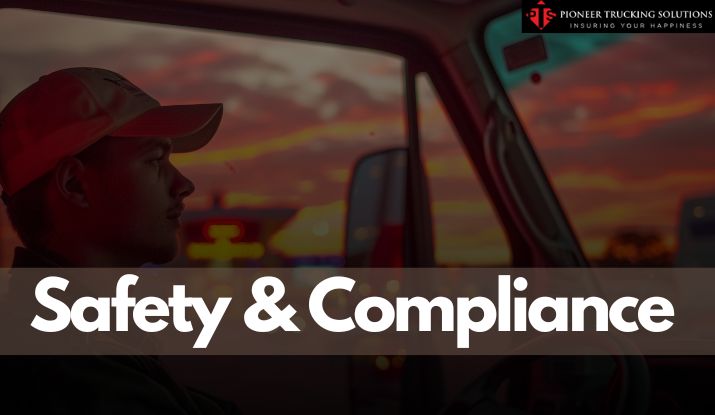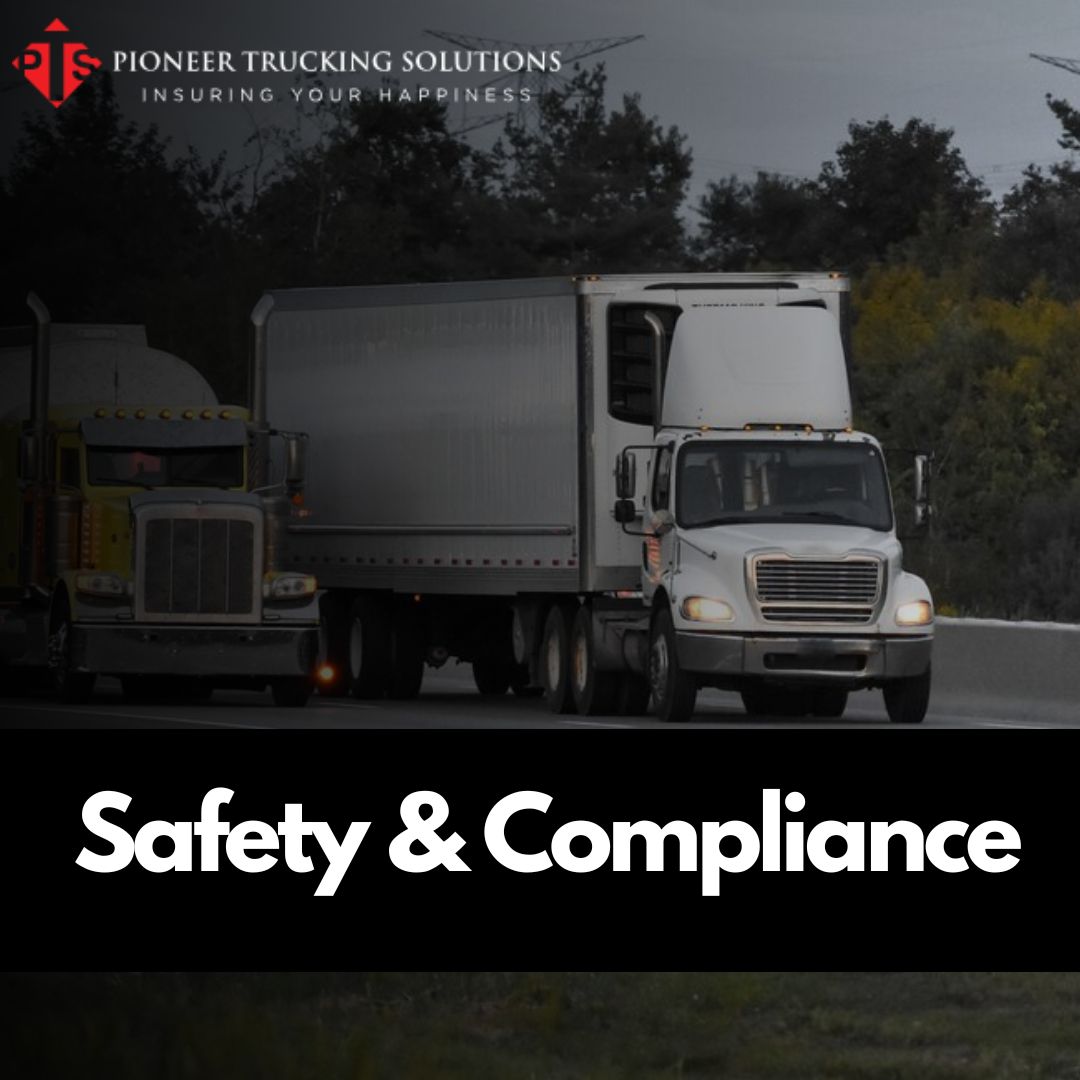Transporting trucks overloaded with goods involves the risk of accidents. Yes, transporting overloaded goods is not good practice. It poses significant risks to both safety and operation efficiency.
Did you know that overloading occurs when you transport a vehicle, equipment, or structure that exceeds its designed weight capacity?
So do prevent overloading otherwise it can lead to catastrophic consequences including equipment failure and serious accidents.
Therefore, ensuring safety & compliance is paramount to preventing overloading. Keep reading this article to know why preventing overloading is vital.
The risk involved with overloading
Don’t take overloading lightly. It is not a minor issue but a critical aspect of driver safety. What is overloading? When your vehicle exceeds its maximum weight capacity, it is called overloading and causes the risk of an accident.
For drivers, controlling or operating an overloaded vehicle is more difficult.
Overloading machines is also at a higher risk of breakdowns which can lead to costly downtime and repairs.
This collision of the overloaded truck raises financial and legal implications for businesses, especially when they fail to meet the standards set by regulatory authorities.
Compliance with weight limits and regulations
Trucking business owners and operators must know how to prevent overloading and adhere to strict regulatory standards. In Canada, rules regarding trucks transporting goods from one state to another have set maximum weight limits for vehicles based on their type and specifications.
The government issues these rules regarding truck overloading and excess weight and not following them can result in significant fines.
Truck owners and trucking business owners must ensure that the total weight of their vehicle including the loaded goods does not exceed the limits set by the government.
Implementing Regular Inspections and Maintenance
Do you know which practice is best to ensure safety and prevent overloading? Follow regular inspections and maintenance of vehicles and equipment to prevent overloading and ensure safety.
By performing routine checks, you can identify signs of wear and tear and check components that may be unable to withstand heavy loads. Scheduled inspections also serve as an opportunity to assess whether the vehicle or equipment complies with weight limits.
It is important to follow this practice when vehicles or machines are used in different locations.
Training and education for operators
The best practice that will keep you compliant with the rules of overloading is to ensure that all operators are properly trained and educated about the risks of overloading and the importance of compliance. Training programs should cover topics such as:
– Truck operators should understand weight limits and know how to calculate total load capacity.
– They should know the tact to distribute weight to avoid uneven loads, which could increase the risk of loss of control while driving.
– Safe loading and unloading procedures.
Well-informed operators are more likely to follow safety guidelines and comply with regulations, thus reducing the likelihood of overloading incidents.
Last Words!
Thus, preventing overloading is crucial to ensure safety & compliance with the transportation rules. Following the best practices to avoid overloading ensures safety, protects drivers’ lives and also enhances operational efficiency. Compliance with overloading rules ultimately benefits businesses in both the short and long term.

